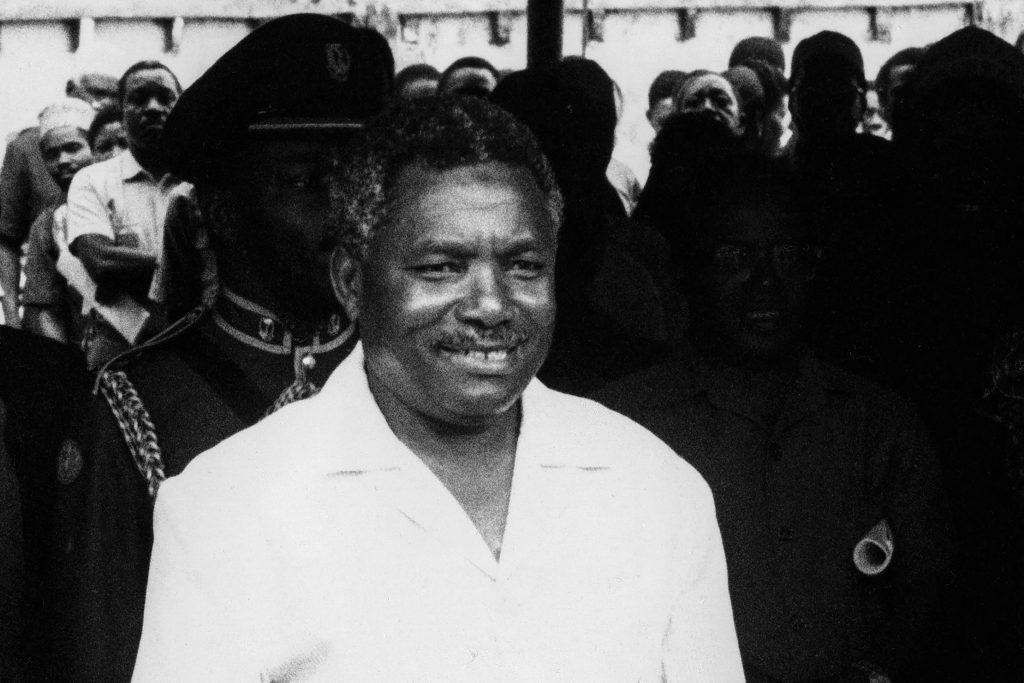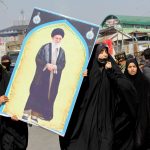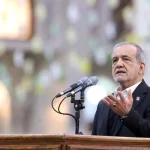
When Ali Hassan Mwinyi became Tanzania’s president in 1985, few expected the shy, unassuming politician, who died on Thursday aged 98, to emerge as a transformative leader, turning around a flailing economy and introducing multi-party democracy to the East African nation.
Hand-picked by independence hero Julius Nyerere to succeed him, Mwinyi inherited a country in the grip of an economic crisis, following years of failed socialist experiments.
As Tanzanians struggled to eke out a living and calls for reform mounted, the former school teacher and ex-president of the semi-autonomous archipelago of Zanzibar decided to reverse the policies put in place by Nyerere.
Tanzania’s founding father Nyerere’s pet project “ujamaa” (“fraternity” in Swahili) sought to bring people together by promoting a socialist economic vision, but his collectivist experiments left the country in precarious condition.
Mwinyi removed restrictions on private enterprise and eased bottlenecks on imports, earning the nickname Mzee Rukhsa, a Swahili phrase which loosely translates to Mr Permission.
In his memoir, Mwinyi criticised the “ujamaa” project, saying it deprived small-scale traders of income.
“The development model did not translate into best economic outcomes that we had all anticipated,” he wrote.
“Tanzania’s economy was facing a number of challenges which were later identified to be mostly a result of our economic model, thus demonstrating the need to reform the model.”
– ‘A role model’ –
Born on May 8, 1925 in the former British colony known as Tanganyika, Mwinyi moved to Zanzibar to study Islam.
His father hoped he would become a spiritual leader, but the young Mwinyi took up teaching instead, before entering politics in the 1960s after Tanganyika won its freedom.
Following the 1964 merger between independent Tanganyika and Zanzibar to form Tanzania, he rose through the ranks to serve as ambassador to Egypt as well as the minister of health, home affairs and natural resources during the 1970s and early 1980s.
In 1984, he became the president of Zanzibar, before Nyerere chose him to lead Tanzania.
He was hailed for opening the door to multi-party democracy in 1992 and allowing opposition parties to contest elections three years later, when he stepped down.
But his tenure was also peppered with controversies.
He faced criticism for allegedly favouring Muslims while appointing officials to top government jobs, allegations he conceded hit him hard.
The economic liberalisation he presided over was accompanied by corruption scandals, which became so endemic during his reign that some donors froze aid in 1994.
The grey-haired leader kept a low profile after retiring from politics in 1995.
At his book launch in 2021, the country’s president Samia Suluhu Hassan showered him with accolades, describing him as a leader worthy of emulation.
“I can personally describe him as a reformist and a role model to many of us,” she said.
str/ho/amu/gv
© Agence France-Presse






